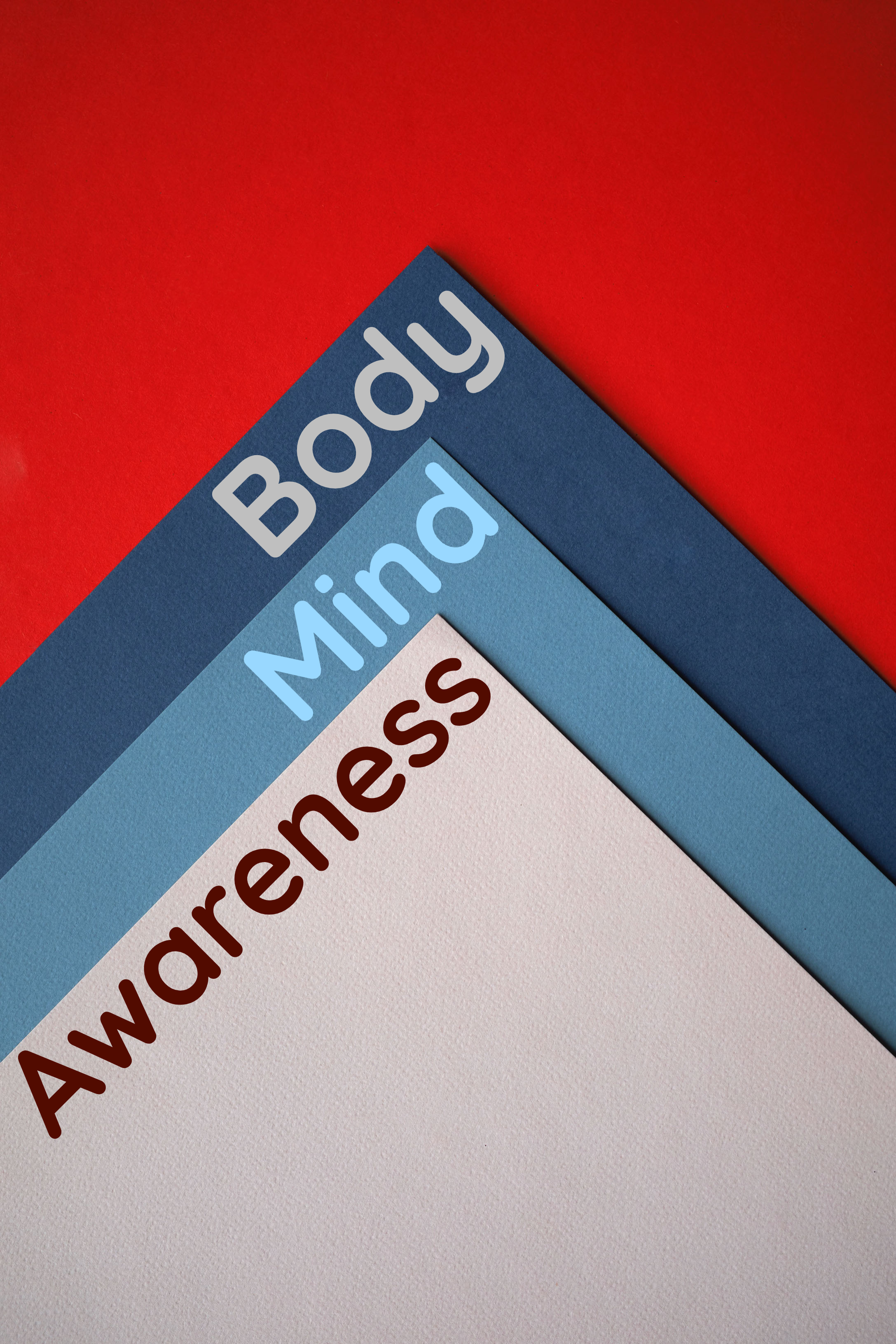Yes and no. Two words that are key to self-transformation
Yes and no. Two straightforward words. We use them all the time. In the mind, the ramifications could not be more different. There is a constant pull towards either saying yes or no. These two words form the foundation and serve as the basic building blocks of the growing mind. These two words reflect in any interaction we have with our thoughts. They create friction in the mind, which becomes the catalyst for the mind to grow.
Yes and no. Two straightforward words. We use them all the time. In the mind, the ramifications could not be more different.
The mind stores thoughts we say yes to, as well as those to which we say no. The mind tries to strike a balance. Just as the ratio of males and females is roughly equal, despite the explosion of earth’s population, the proportion of thoughts associated with our likes (the yes thoughts) and our dislikes (the no thoughts) is also roughly equal.
Like a wave that crests and falls, when thoughts we say yes to predominate, we feel happy. Unhappiness follows when those thoughts fade. Just as waves are a surface phenomenon, rise and fall of thoughts have little or no connection to the balance that exists in the depths of our being.
The moment we are born, the body takes its first breath and affirms yes to life. Through a cry, we announce this to the world. Till our last breath, the body clings onto that affirmation of life. It does not easily give up despite the ravages of age or illness. On the other hand, the mind is very fickle. It easily gives up. In comparison to the body, the stakes are not that high for the mind. It can drift around, be helpful, or unhelpful. As long as there is life in the body, it is safe.
With thousands of thoughts coursing through the mind every day, the cumulative effect over the years results in the ocean of thoughts in which we swim. There is much energy in this body of thoughts. Just as waves dissipate some of the energy of the seas but cannot deplete all of its energy, thoughts on the surface release a small fraction of the mind’s energies.
By merely saying yes to every thought, we cannot dive deep into the mind. Similarly, by saying no, we cannot reject and leave the mind. The mind is a sea that we need to cross to discover our inner being.
Saying yes comes more naturally to us than saying no. When we say yes, we are in tune with the body which is continuously affirming life. Consequently, the body relaxes. We are taught from a young age to be bold and to say no. When we say no, the body tenses up, and the mind and the body begin to conflict.
Saying yes comes more naturally to us than saying no.
When we say yes, we feel a little more open compared to when we say no. Ultimately, both are limited to one thought or another. There is little scope for transformation when we pursue one or the other.
Like a ship which floats on waves, whether they are small and gentle or large and rough, to cross the mind and reach our inner being where we find our higher nature, we cannot give into thoughts. The moment we affirm yes, or no, we give in to thought. Just like countless waves on an ocean, there are myriad thoughts we encounter throughout our lifetime.
None of the waves in an ocean carry a name. They are transient phenomena. But, even though thoughts are equally, if not more evanescent, we label them with our likes and dislikes. By doing so, rather than treading the ‘waters’ of the mind, awareness sinks with every thought. It becomes a constant battle to stay afloat in the mind.
When waves are close to the shore, they travel in the direction of the shore. In the middle of the high seas, waves travel in many different directions, not necessarily in the direction of the nearest land. When awareness is in the mind, it drifts further away from the center of our being. Surrounded by individual thoughts, we cannot regain our bearings and center our awareness, aligning it with our higher nature.
Mind and the waves of thought are unavoidable. However, we can skillfully navigate the ‘waters’ of the mind. Each moment is like a ‘ship’ that ensures safe passage. From the safety of a ship’s deck, we can enjoy the view of the sea all around. If we were to swim in those waters, we would be fighting for our lives.
Likewise, when awareness is with the moment, we are safe from the treacherous depths of the mind and thoughts. We may even begin to enjoy the variety of experiences, imaginations that come to us via thoughts. However, if we go overboard and fall from the moment into the mind, we begin to battle the waves, and there is a constant struggle to keep our awareness afloat.
Fortunately, there isn’t just one ‘ship’ which keeps our awareness safe. There are countless moments, just as there are countless thoughts. It is a matter of choice whether we choose the moment or choose a thought.
It is tempting to enter the mind, and initially, it may be challenging to keep our awareness in the moment. There is an innate urge to seek our higher nature. When awareness is in the mind, we suppress this urge. The more we suppress, the harder it is to remain with the moment.
Even if our awareness is in the mind, we can associate with the moment by ‘floating freely’ — which is, no holding onto or rejecting thoughts, neither saying yes or saying no to them.
By doing this, we conserve energy, which then translates into greater awareness, which is the gateway to self-transformation.







